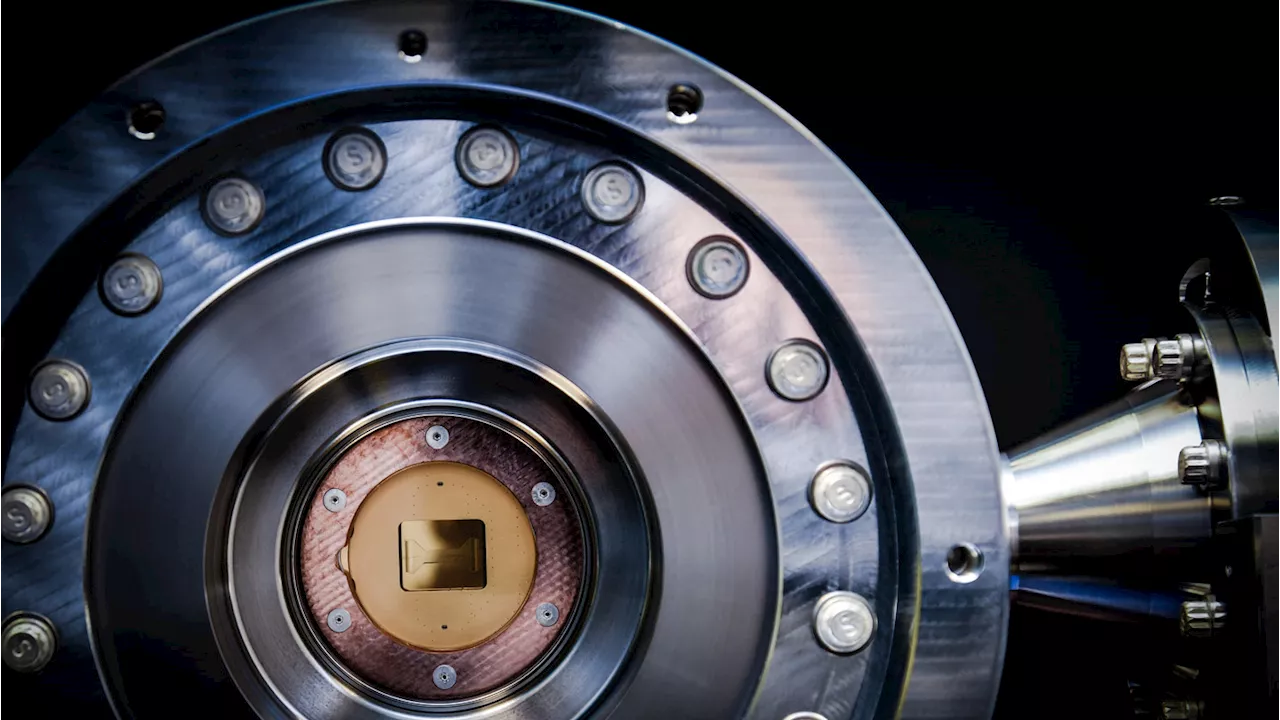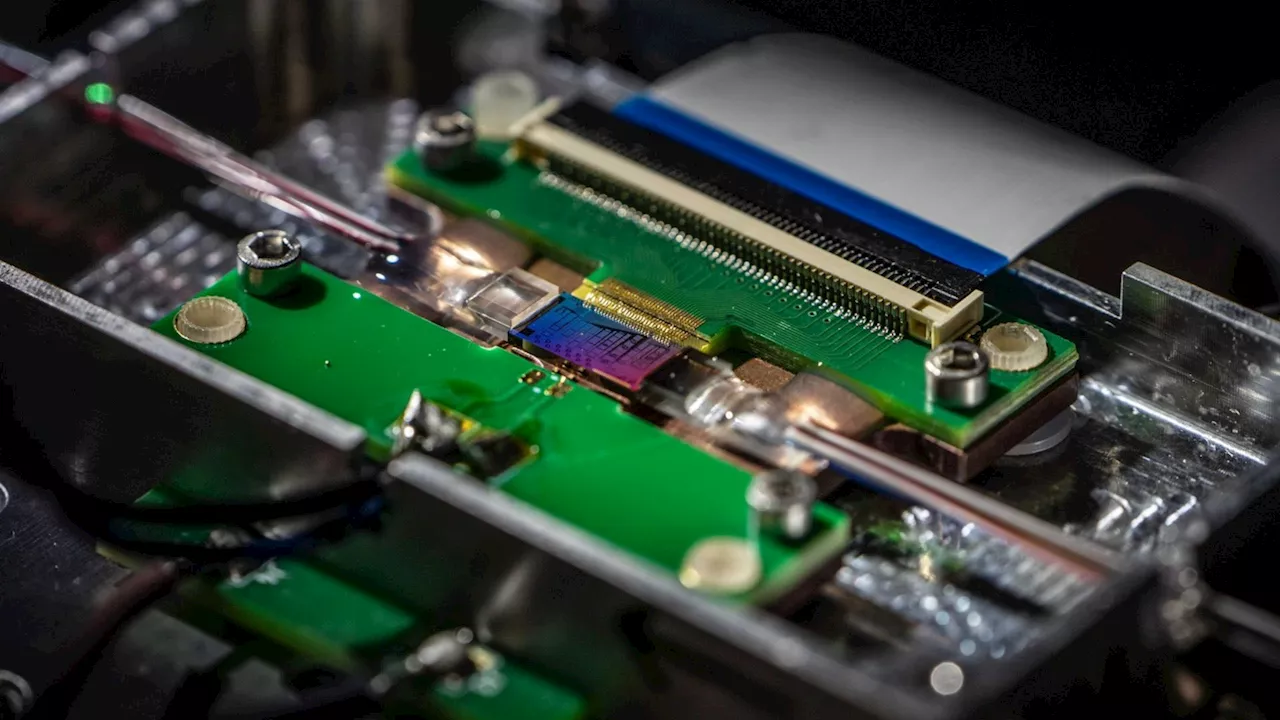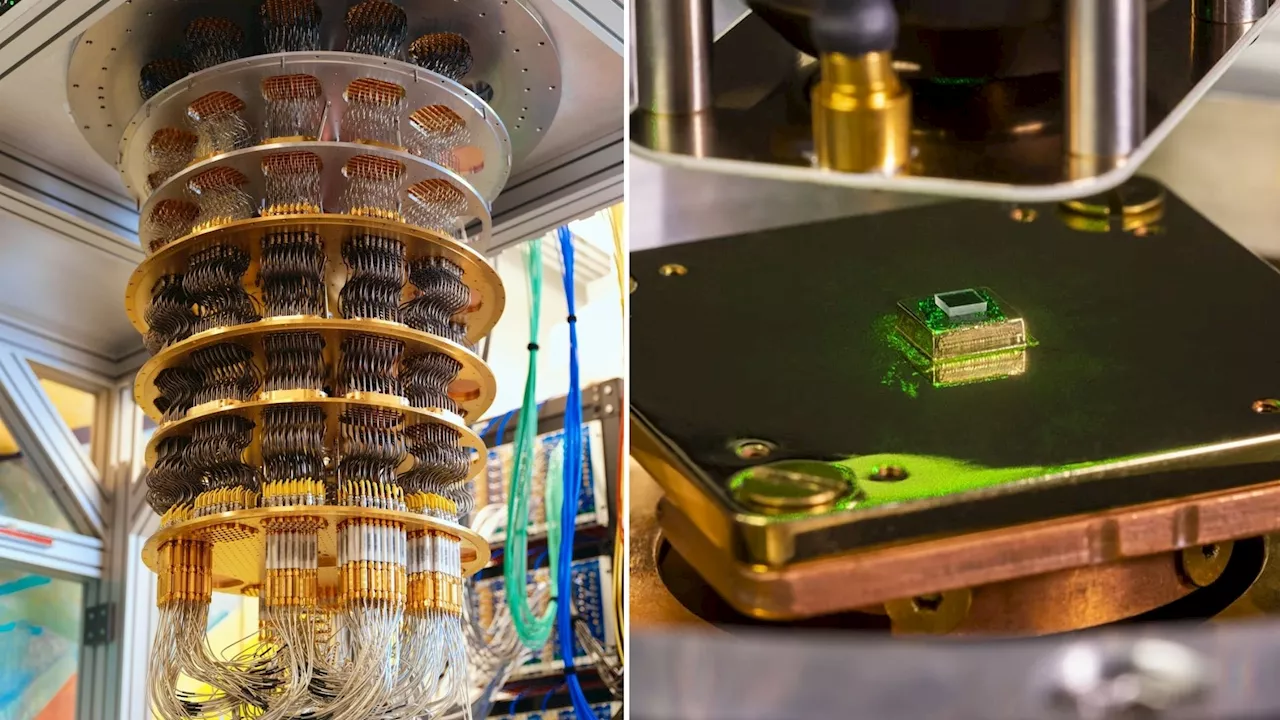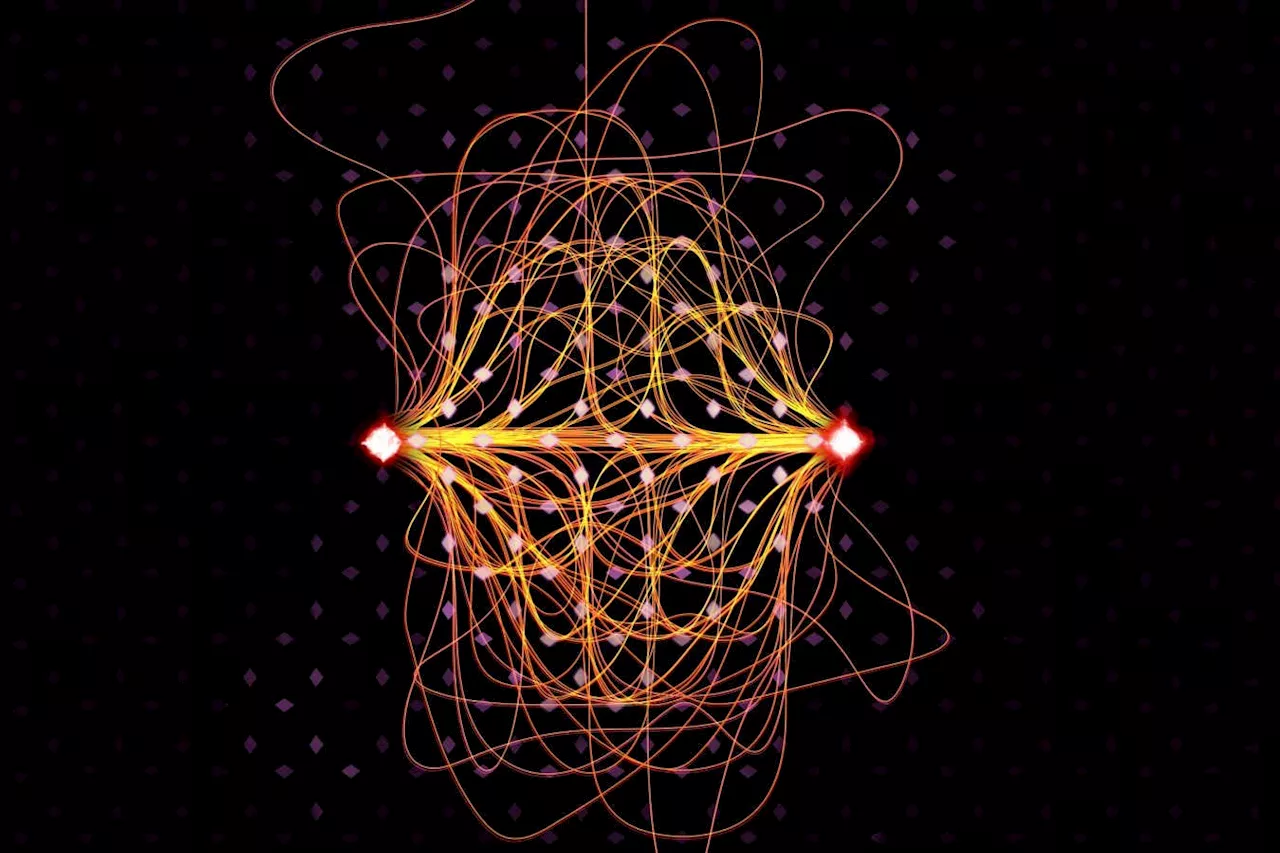While randomising a deck of cards gets more difficult as you add more cards, it turns out that the same isn't true for the qubits of quantum computers, which may prove surprisingly useful
Quantum computers can produce randomness much more easily than previously thought, a surprising discovery that shows we still have much to learn about how
Randomness is a key component of many computational tasks – weather forecasting, for example, involves simulating atmospheric behaviour many times over, each time with a slightly different initial configuration chosen randomly.
To show this, Schuster and his team imagined dividing a collection of qubits into smaller blocks, and then mathematically proved that these blocks could each produce a random sequence. Then, they proved that these smaller qubit blocks could be “glued” together, creating a well-shuffled version of the original set of qubits in a way that you wouldn’t necessarily expect.
“This is a much more complicated object than a classical shuffler. For example, the ordering of the top cards is no longer fixed, because we are a superposition of many possible re-orderings, so if I try the classical approach above and measure the location of the top cards after shuffling, I will just receive random outcomes each time, which contain no information about the shuffling whatsoever,” says Schuster. “It’s really a kind of new and intrinsically quantum phenomenon.
United States Latest News, United States Headlines
Similar News:You can also read news stories similar to this one that we have collected from other news sources.
 Quantum Super Hub: Meet the ChatGPT of quantum computing unveiled in CanadaA new facility in Lethbridge, Canada allows people to solve real-world problems by providing access to a quantum computing system.
Quantum Super Hub: Meet the ChatGPT of quantum computing unveiled in CanadaA new facility in Lethbridge, Canada allows people to solve real-world problems by providing access to a quantum computing system.
Read more »
 ‘Magic’ states empower error-resistant quantum computingSpecial quantum states allow computers to perform the most difficult class of quantum computing operations.
‘Magic’ states empower error-resistant quantum computingSpecial quantum states allow computers to perform the most difficult class of quantum computing operations.
Read more »
 World’s first error-resistant photonic qubit built on-chip unlocks quantum futureWorld’s first on-chip error-resistant photonic qubit signals a major leap for scalable, modular quantum computing.
World’s first error-resistant photonic qubit built on-chip unlocks quantum futureWorld’s first on-chip error-resistant photonic qubit signals a major leap for scalable, modular quantum computing.
Read more »
 Scientists unveil elusive quantum states in superconducting vortices after 60 yearsDanish researchers use an innovative approach to recreate physics around superconducting vortices to study them better.
Scientists unveil elusive quantum states in superconducting vortices after 60 yearsDanish researchers use an innovative approach to recreate physics around superconducting vortices to study them better.
Read more »
 Quantum tech unlocks particle secrets that powerful supercomputers can’t solveResearchers use quantum computer to simulate fundamental forces, marking a major step toward solving complex physics.
Quantum tech unlocks particle secrets that powerful supercomputers can’t solveResearchers use quantum computer to simulate fundamental forces, marking a major step toward solving complex physics.
Read more »
 Quantum computers are on the edge of revealing new particle physicsComputer simulations of high-energy particles are pushing the boundaries of what we can learn about the interactions that happen inside particle colliders
Quantum computers are on the edge of revealing new particle physicsComputer simulations of high-energy particles are pushing the boundaries of what we can learn about the interactions that happen inside particle colliders
Read more »
